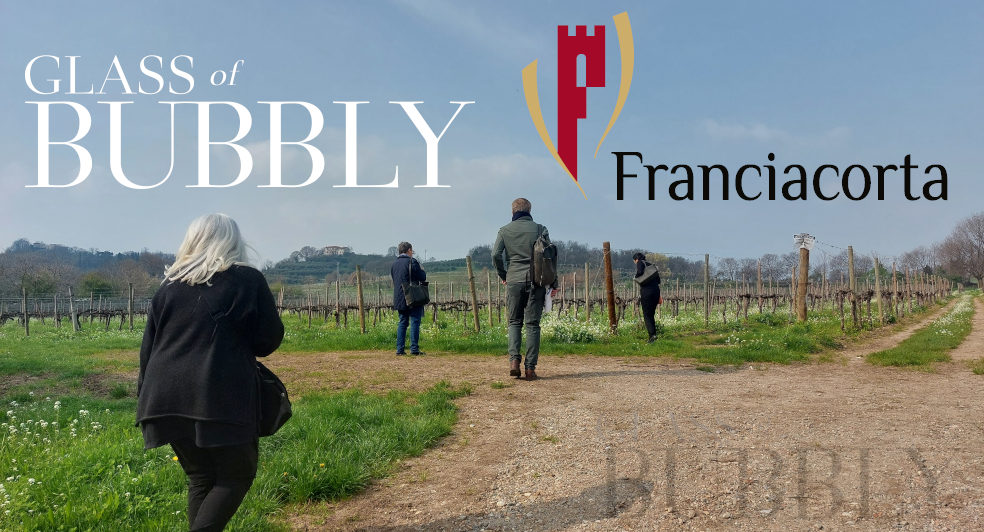Franciacorta: Harvest Begins and the Grapes Shake off Bad Weather
13th August 2014

Vice-president Silvano Brescianini: “A challenging growing year, but one with great promise. Sugar and acidity levels are outstanding, the basis for a vintage of great finesse and longevity.
Erbusco (BS), 11 August 2014 – The harvest began today in Franciacorta, with the first clusters Chardonnay, Pinot Noir, and Pinot Bianco coming in to the cellars for the production of this prestigious wine. As in past years, the picking has begun first on the south slope of Monte Orfano, an earlier-ripening area compared to the more central areas, where harvesting will begin after middle of August.
“This has been an unusual growing season,” stated Consorzio Vice-president Silvano Brescianini. “It started quite early, then was slowed by rains in June and July. The grapegrowers displayed great dedication, however, with frequent manual interventions in the vineyards, particularly leaf-pulling, which was necessary to increase air-flow around the clusters. The crop-load turned out excellent, as did the health condition of the fruit, particularly the Chardonnay, which represents 80% of the grapes that go to make Franciacorta.”
This year’s weather was the main factor that had producers holding their breath right up to the final days just before the harvest. The Consorzio’s technical staff noted a winter that was fairly warm, and the significantly above-average March temperatures, with daytime highs touching 200C, brought forward the start of vine growth: budbreak began, in fact, during the final days of March.
An alternation of hot, dry days with cold and rain followed, slowing the growth stages, but flowering and fruit-set were excellent, presaging fine quality for the harvest. The frequent rains and low temperatures in June and July cancelled out a good part of the early growth gains, but they did no harm to either the crop levels or to the health condition of the grapes.
“This relatively cool summer will actually benefit Franciacorta,” concluded Brescianini, “since it ensured a slow, gradual ripening process, with day-night temperature differentials that helped preserve good aromatic compounds and acidity levels in the fruit. We are seeing all of the requirements for a vintage of significant finesse and longevity, but, as always, we can make a final judgment on quality only in a few more months, when the base wines have been made. At this point, though, we applaud the Franciacorta-area viticulturalists and winemakers, who every year exhibit tremendous professionalism in “reading” the conditions of each growing season and coaxing out the best quality from them; they have truly made our growing area the most defining characteristic of Franciacorta.”
![]()
Glass of Bubbly
Executive editor of news content for the website Please enjoy the articles that we share - We hope you find our love for Champagne & Sparkling Wines both interesting and educational.
